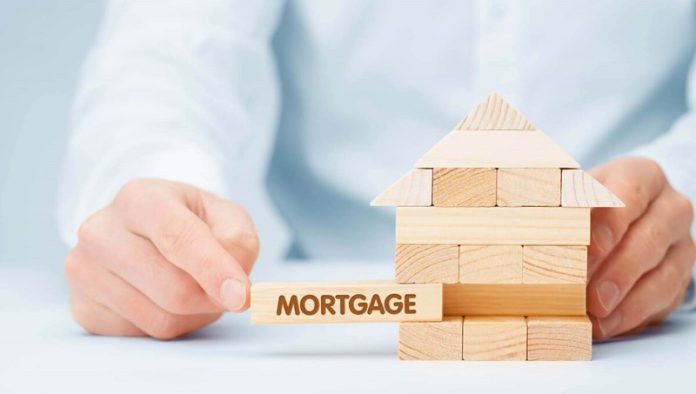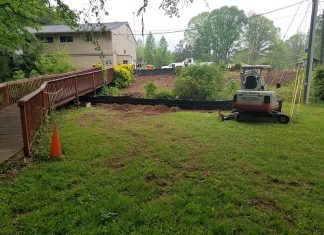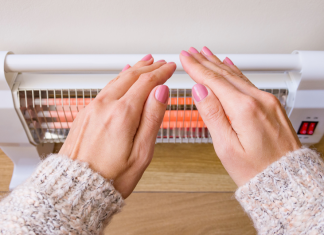A reverse mortgage is a loan where the home is used as collateral. The reverse mortgage was designed for older homeowners whose main asset was their home. Homeowners who decide to take a reverse mortgage can exchange their equity for cash. Unlike traditional loans, a reverse mortgage does not require monthly payments. A reverse mortgage is paid back as a lump sum at the end. The loan will end if the home is sold, if the home is no longer the primary residence for the owner or if the owner passes away. In 2021, the Federal Housing Administration (FHA) lowered the minimum age for a reverse mortgage from 62 to 55 years old. Learning more about what a reverse mortgage is can help you determine if it is the right choice.
Should I Get a Reverse Mortgage?
A reverse mortgage is a loan option that better fits some homeowners than others. Many factors should be considered before determining if a reverse mortgage is a right fit for you.
How Much Will Your Reverse Mortgage Get You?
Reverse mortgages do not have a defined loan amount. However, the FHA does decide on a new loan limit each year for reverse mortgages. Homeowners interested in a reverse mortgage can receive a loan from a bank or the FHA. The FHA’s Home Equity Conversion Mortgage (HECM) is the only reverse mortgage backed by the US government. All lenders for the HECM program will be FHA-approved.
In 2022, the FHA increased the loan limit to $970,800, nearly $150k more than the 2021 limit of $822.375. This increase accounts for the increase in home prices, but it does not mean that all homeowners interested in a reverse mortgage will get $970,800. How much your lender, either a bank or the FHA, will lend you depends on your age and the amount of equity you have. The older you are and the more equity you have, the higher the loan limit. It is unrealistic for even the older homeowner with a paid-off home to expect more than 80% of their home’s value from the lender. You will not have to take the full amount the lender offers, but that is the maximum you will be allotted. To take full advantage of the FHA’s limit, you would have to be significantly older than 55, with a home appraised at a minimum of $1.213 million. For a rough estimate of what your reverse mortgage can be, you can check out https://reversemortgagereviews.org/reverse-mortgage-calculator.
Reverse Mortgages are Reserved for Your Primary Home
Reverse mortgages are designed for older homeowners whose net worth is primarily in their homes, but this only extends to primary homes. You cannot take out a reverse mortgage on multiple homes, vacation homes, and investment property. A home can only be considered a primary residence if the homeowner lives in the home for an excess of six months out of the year.
You Can Reverse Mortgage a House You Have Not Paid Off
Reverse mortgages are designed for people with a lot of equity in their home, but it is not reserved for those who own their home outright. In addition, the reverse mortgage must be in a first lien position. This means that the lender has seniority in claims against your property in the event of a foreclosure.
You Will Still Own Your Home…and Pay For It
Again, reverse mortgages are for people who do not want to sell their home and want to spend their remaining years in it. This is why getting a reverse mortgage does not affect your claims to your home. Homeownership comes with fees and responsibility that does not dissipate with a reverse mortgage. Home insurance, property tax, and other home-associated fees such as repair and HOA are still your responsibility. Most lenders suggest that you set aside a fraction of your reverse mortgage reserved for these fees to eliminate the chance of unforeseen circumstances.
What are the Payment Options?
If you decide to go forward with a reverse mortgage, you have four options for payment.
Lump-sum: With a lump-sum payment, you will receive 60% of your loan when approved at a fixed rate. The following year you will receive 40% at an adjustable interest rate. This is the only loan option that is fixed; the following options are adjustable.
Tenure: Tenure payments are monthly payments that will last until the homeowner is no longer living in the home, sells the home, or passes away.
Term: Term payments are also monthly payments, but the number of years for the loan is fixed. They tend to be higher than tenure payments.
Line of Credit: A line of credit works like a credit card. Homeowners can take as little and as much as they want at any time.
Since all reverse mortgages will accrue interest over time, the amount owed will always be more than what you borrowed from the lender.
Should You Get a Reverse Mortgage?
Only you can decide whether a reverse mortgage is right for you. Reach out to a lender in your area to learn more about the right option for you.
Reference:
https://doi.org/10.1111/jofi.12489















